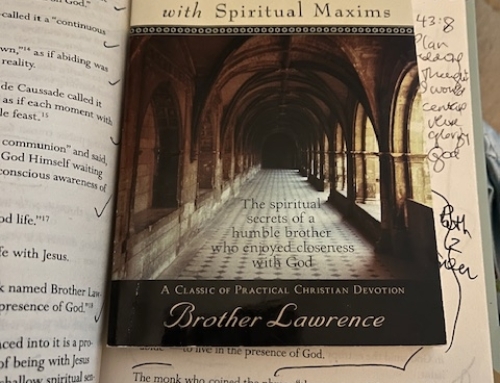
Good morning…
The last presidential debate has passed. Tons of votes have been cast. Many more will be gathered and counted. Now we wait suspended, betwixt and between, hopeful for what will eventually be.
“We keep praying that our illusions will fall away,” writes Richard Rohr. “God erodes them from many sides, hoping they will fall. But we remain trapped in what we call normalcy, ‘the way things are.’ Life becomes problem-solving, fixing, explaining, and taking sides with the winners and losers. It can be a pretty circular and even nonsensical existence.”
“Instead,” Richard recommends, “we have to allow ourselves to be drawn into sacred space, into liminality.” Liminality is a state of transition between one stage and the next. Any hint of what’s next is slight, subtle, shrouded. What will take form is inaudible, intangible, invisible. Our collective steps forward are hidden, obscured, conspicuously concealed.
“All transformation takes place there,” says Rohr, a big fan of liminal space. “We have to move out of ‘business as usual’ and remain on the ‘threshold’ (limen, in Latin) where we are betwixt and between. There, the old world is left behind, but we’re not sure of the new one yet. That’s a good space. Get there often and stay there as long as you can by whatever means possible. It’s the realm where God can best get at us because we are out of the way. In sacred space the old world is able to fall apart, and the new world is able to be revealed. If we don’t find liminal space in our lives, we start idolizing normalcy. We end up believing it’s the only reality, and our lives shrivel” (Everything Belongs, Richard Rohr).
Watch closely: I am preparing something new; it’s happening now, even as I speak, and you’re about to see it. I am preparing a way through the desert; waters will flow where there had been none (Isaiah 43:19, VOICE).
…Sue…





